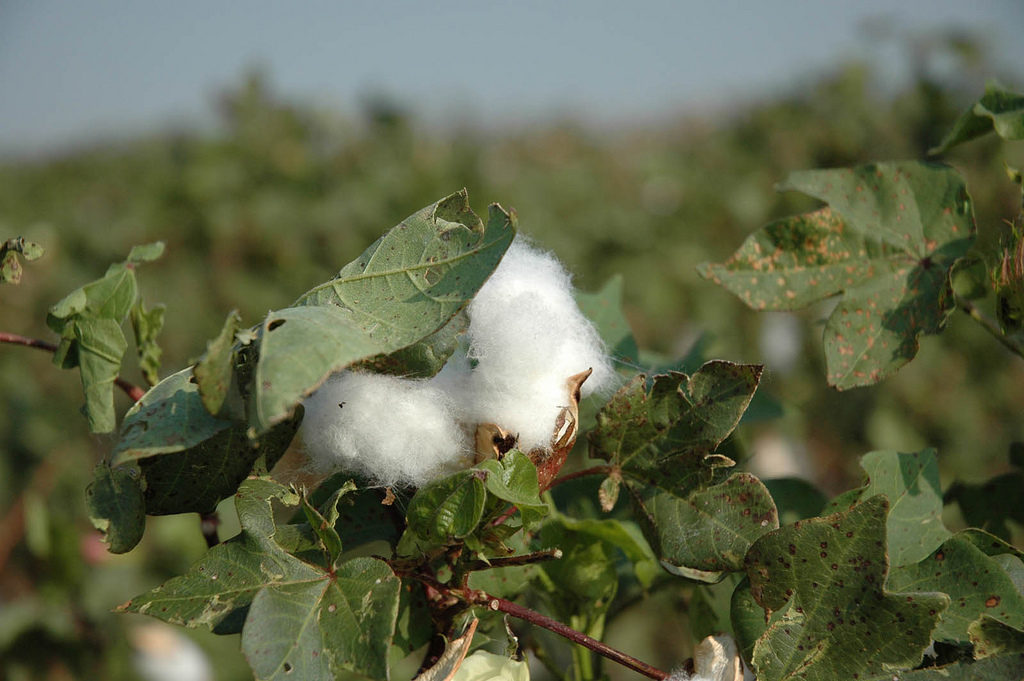I hope you all had a wonderful Thanksgiving! Welcome to another Ag Law Round Up.
This week, I traveled to Victoria, Texas to visit with landowners there about eminent domain and fence law. Welcome to those of you joining from that program.
Here are some of the ag law stories in the news this week.
*US Supreme Court rules on Endangered Species Act case. The US Supreme Court issued a ruling in a case asking whether, in order to be designated as “critical habitat” under the Endangered Species Act, land first had to qualify as “habitat.” The Court ruled that it did, and sent the case back to the appellate level to address this issue. I’ll have a full blog post on this decision on Monday. [Read Opinion here.]
*Missouri farmer indicted on federal charges related to illegal dicamba application. A Missouri farmer is facing federal criminal charges of misapplication of pesticide, making false statements, and giving fraudulent documents to investigators. Bobby Lowery allegedly applied dicamba to his cotton and soybean crops in 2016. This was illegal, of course, because no dicamba products were labeled for use over-the-top of cotton and soybeans until the end of 2016. [Read article here.]

TAMU AgriLife photo by Blair Fannin
*Tips for farm tenants dealing with absentee landowners. As we see fewer farmers and a landowner population that continues to increase in age, there will likely be more and more absentee landowners across rural America. Delta Farm Press recently wrote an article offering tips or ag tenants dealing with absentee landowners. The biggest takeaways are to communicate well and ensure agreements are in writing. [Read article here.]
*Wyoming court finds that trespass statute violates First Amendment. You may recall from prior blog posts and a prior Ag Law in the Field Podcast episode, a Wyoming trespass statute was challenged on First Amendment grounds. The statute, which would prohibit a variety of acts such as photographing, videoing, sampling, or otherwise gathering data on water, soil, and animals, was challenged by several plaintiffs who claimed it violated their free speech rights. The trial court dismissed the case, finding that the collection of data was not “speech” such that the First Amendment was implicated. The Tenth Circuit reversed, holding this action was speech. After that, the case was remanded back to the trial court, which recently held that the statute did violate the First Amendment. [Read article here.]
*Article about family farms. I wrote a little article recently reflecting about what’s so special about family farms. [Read article here.]
Upcoming Programs
My final program for 2018 will be in Tulia, Texas, at the Swisher County Ag Day on Wednesday, December 5. I’ll be giving an Ag Law Year in Review. For more info, click here.
To see my list of scheduled programs for 2019, click here.












